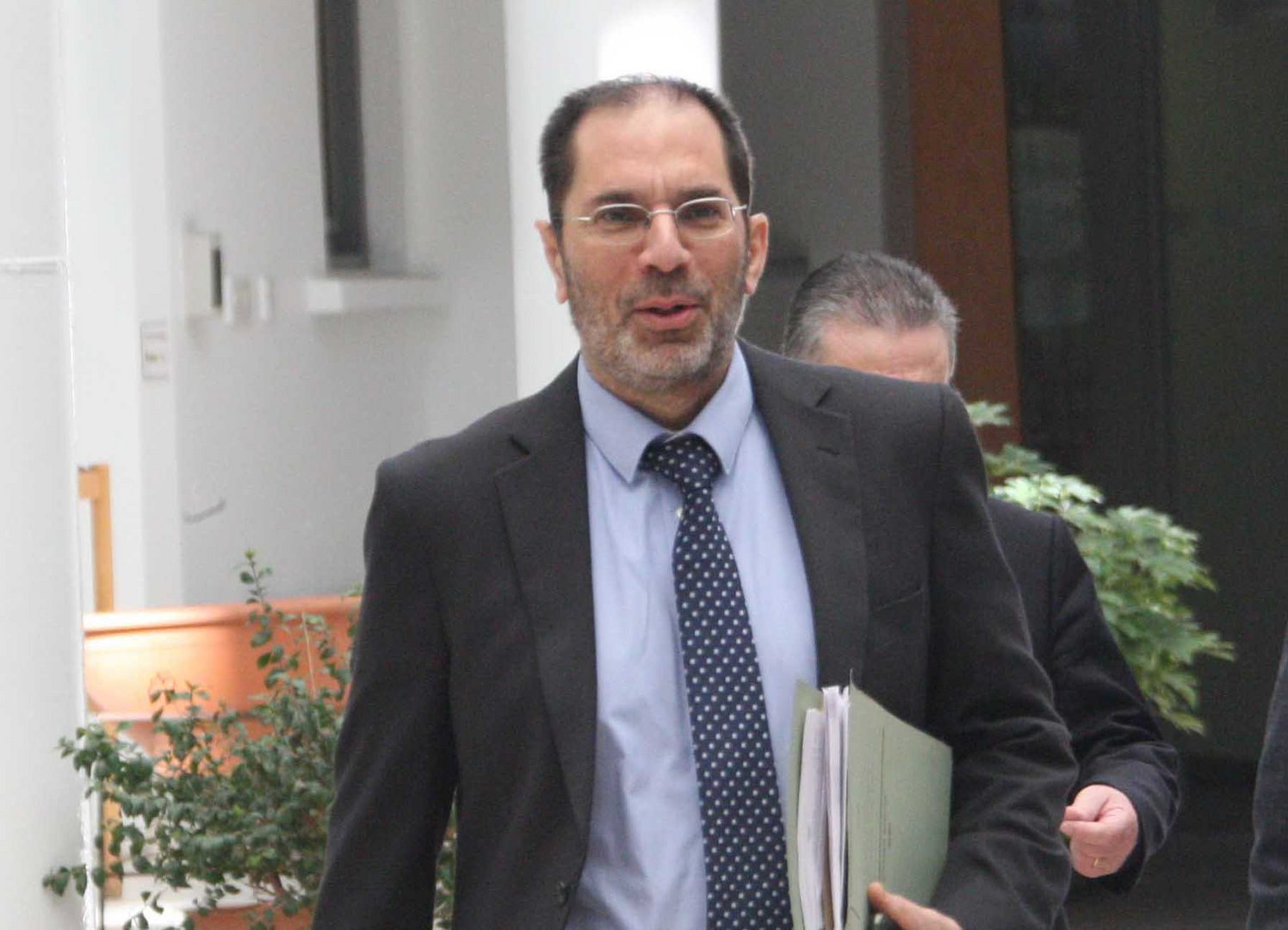The lawyers representing more than 100 plaintiffs in a class-action lawsuit against the state and members of the Covid advisory team have asked the auditor-general to look into whether the state’s decision to pay the experts’ legal fees is legitimate.
In a letter dated June 25 addressed to Auditor-general Odysseas Michaelides, attorneys Yiannos Georgiades and Alexis Stylianou urge the official to respond as to whether the state can cover the legal expenses of the members of the advisory team, given that the vast majority of them are private individuals.
In a decision on June 9, the cabinet said it would cover the advisory team’s legal fees; however, it is still not entirely clear whether this extends to fully indemnifying the experts should the court eventually order them to pay damages to the plaintiffs.
As for legal immunity, it’s understood the advisory team members do not qualify, as this concerns a civil lawsuit.
In their letter to the audit boss, Georgiades and Stylianou point out that logically the state cannot cover the legal fees for the advisory team members as they are private individuals and not state functionaries or civil servants.
In addition, the lawyers raise the question of whether the state may in any event afford legal representation to a private individual.
They also point out that it would be unfair on taxpayers to foot the bill for any expenses or indemnities awarded.
And they argue that their clients – the plaintiffs – are themselves taxpayers.
They therefore urge the auditor-general to opine on whether the decision to cover the scientists’ legal fees raises the issue of waste or mismanagement of public moneys.
The lawsuit itself, filed with Nicosia district court, lists as defendants the state, the health minister and all members of the advisory team (as individuals).
The plaintiffs – now 115 – see compensation over what they claim is state negligence in the handling of the pandemic as well as violation of civil rights protected by the constitution as a result of “illegal, disproportionate and unconstitutional restrictions.”
The SafePass comprises one of the grounds for the lawsuit.
Τhe plaintiffs’ lawyers argue that such restrictions constitute indirect coercion either to undergo a rapid test or vaccination in violation of local and international law. They say such practices contravene the principle of free and informed consent.
They also cite a decision by the Parliamentary Committee of the Council of Europe in January 2021, that governments are obliged to inform their citizens that vaccination is voluntary and no one will be subjected to any political, social or other pressure to go ahead with it or if suffer prejudice if they don’t.
The lawsuit case resumes in court on July 1, for a first hearing on the plaintiffs’ request that the court issue an interim order suspending the covid-related restrictions against them until the court delivers a final judgment.






Click here to change your cookie preferences